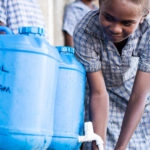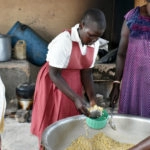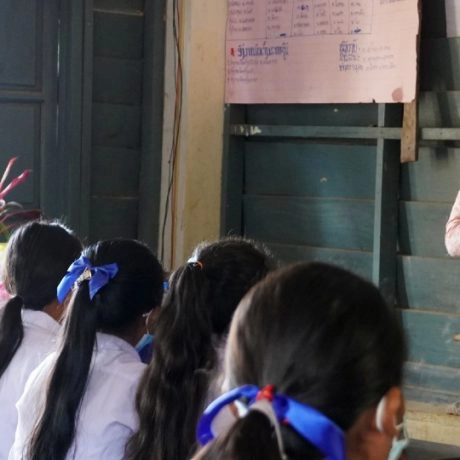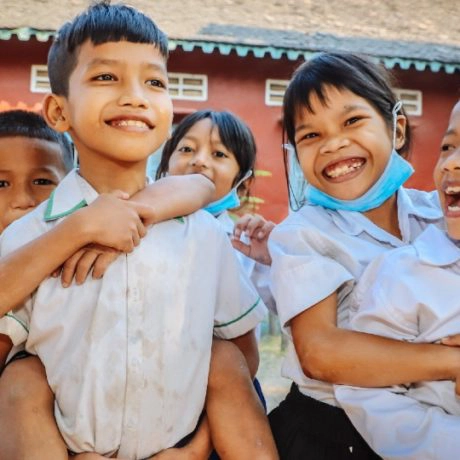News and Stories - Water, Sanitation & Hygiene - 10 December 2020
Managing Menstruation with Pride
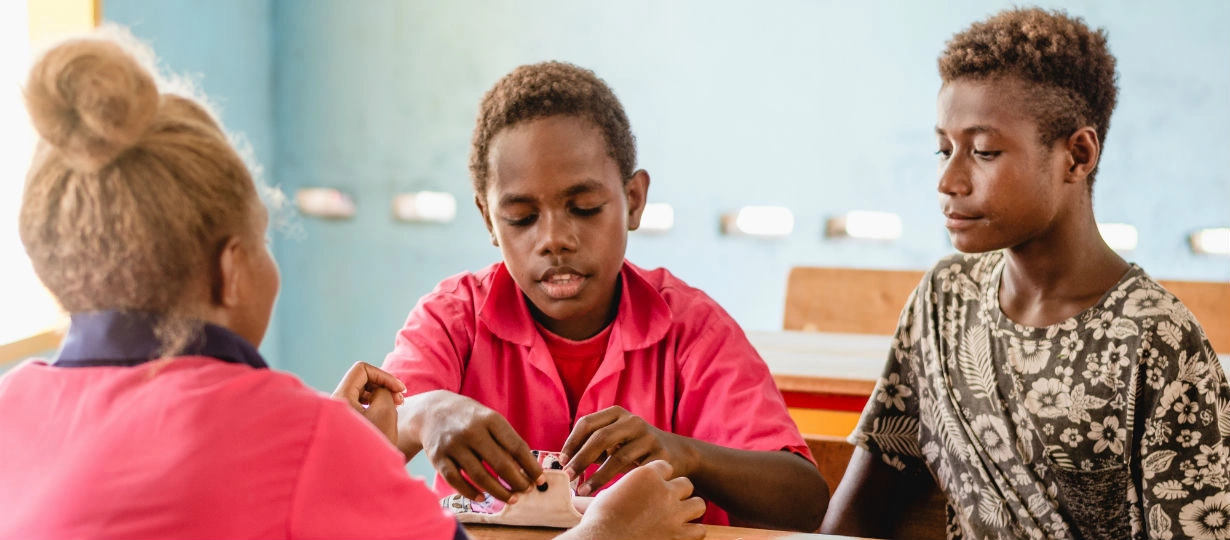
Menstruation is a fact of life for half the world’s population. It plays an important role in regulating hormones across the lifespan, and without it, none of us would exist. However, for many girls across the world, it continues to be a source of discrimination and one of the barriers that prevents many of them from continuing their education.
As a girls’ rights organisation, Plan International has been working for many years to increase knowledge around menstruation and reduce the stigma associated with it, supporting girls to thrive in school and reach their full potential.
Together with our partner Live & Learn Environmental Education, we’ve been working alongside the Solomon Islands Ministry of Education and Human Resource Development (MEHRD), school principals, teachers and students, to normalise menstruation and improve access to WASH facilities for both girls and teachers.
Every year on May 28th, Global Menstrual Hygiene Day is celebrated around the globe. To mark the occasion in 2019, Plan International engaged a local drama company to perform at a school in West Guadalcanal, with the performance highlighting the fundamental importance of enabling girls to manage their period with pride.
The school headmaster, Mr Matia was so inspired by the performance that he has proactively engaged with Plan International and Live & Learn’s WASH in Schools program, including staff teacher training on gender, social inclusion and menstrual hygiene management (MHM) through the Water for Women project’s WASH in Schools approach.
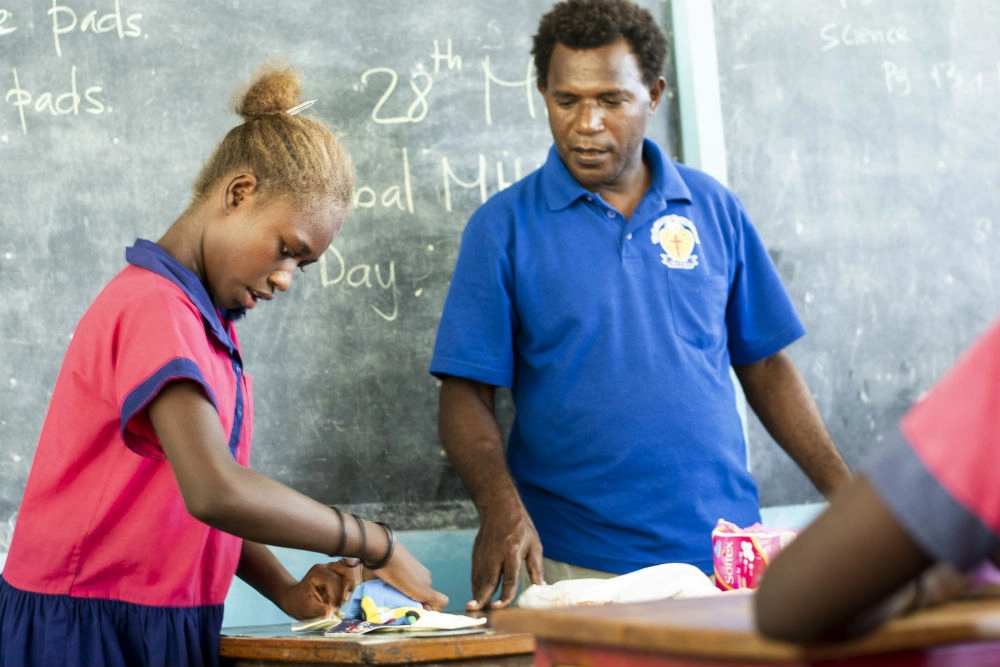
“I had some idea of what MHM was, but not until my school celebrated the Global Menstrual Hygiene Day [in 2019] that I fully understood the impacts it has on girls when in school. I want to be the male champion for MHM for my school and I look forward to see all teachers in my school to be fully across MHM and to become strong MHM advocators. I also want my school to become a role model for other schools in how we support our girls and MHM”.
— Mr Matia, School Headmaster
Prior to the project, in the 20 schools Plan International works with across West Guadalcanal, only 14% of girls reported being comfortable using the toilets at school during menstruation, and 22% said they avoided coming to school while menstruating. None of the schools provided sanitary pads for students or means to dispose of them, and only 9% of respondents felt that school sanitation facilities met the needs of students and teachers.
The WASH in Schools program has supported school leaders, like Mr Matia to lead change in their schools. He now considers himself an advocate for menstrual hygiene management and is committed to creating a supportive environment for girls.
Mr Matia’s school now stocks sanitary pads at the school canteen, and offer emergency supplies at the school office. Thanks to the program, the toilet facilities have been refurbished and bins are now provided for safe disposal of pads.
Another key part of the program is breaking down period stigma through education, which is why boys are included in lessons about menstruation and given the opportunity to ask questions, so they can gain a better understanding of it, and view it as a normal part of life.
Plan International and Live & Learn are complementing their work in schools by providing menstrual hygiene education to men and women in the wider community, dispelling myths and breaking down stigma.
When girls feel supported and have the proper resources to manage their periods hygienically and with dignity, they are empowered to pursue their education and thrive.
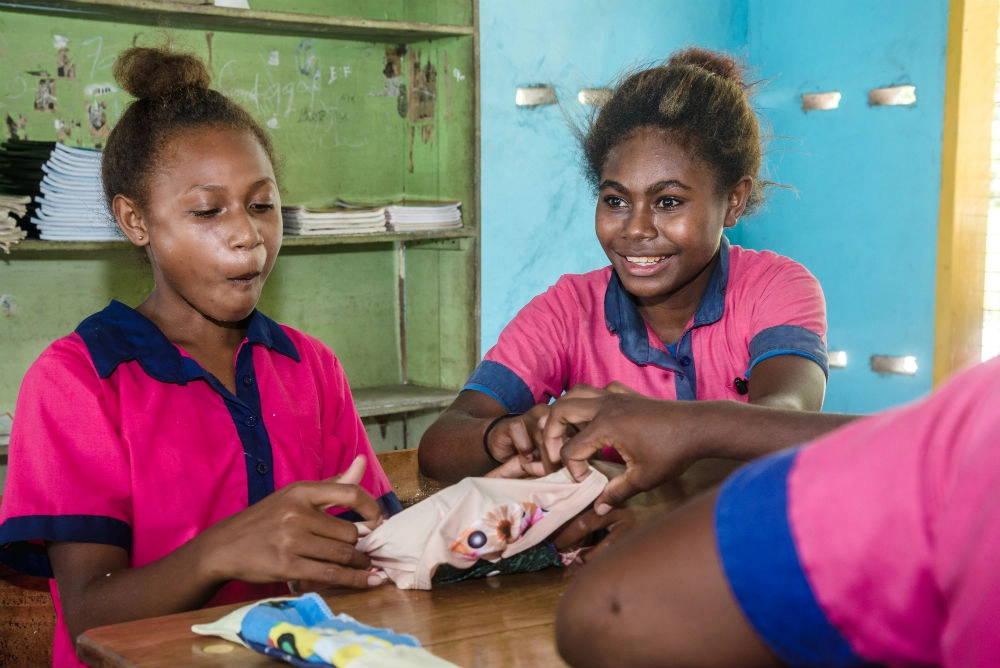
“I don’t have much knowledge about MHM products. When I was first shown the reusable pads, I was really excited because the pad can be washed and reused multiple times; that it is safe and better than the cheap [disposable] pads I got from the shops.”
— Female student, Solomon Islands
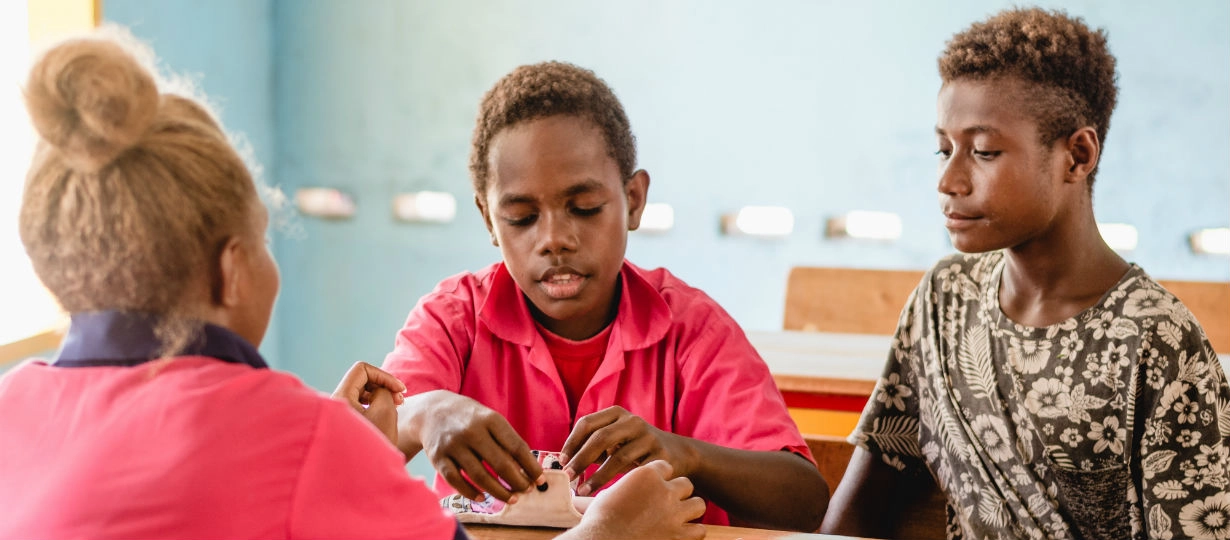
“All along I was taught that it was tambu [taboo] to talk about ‘girl’s sick’, but now that I know more about it, I will make sure that I will also spread the same message to my uncles and other male relatives so that they are also aware of it”.
— Male student, 12 years old
The New Times, New Targets Project is an Australian aid initiative implemented by Plan International Australia in partnership with Live & Learn Environmental Education on behalf of the Australian Government.

